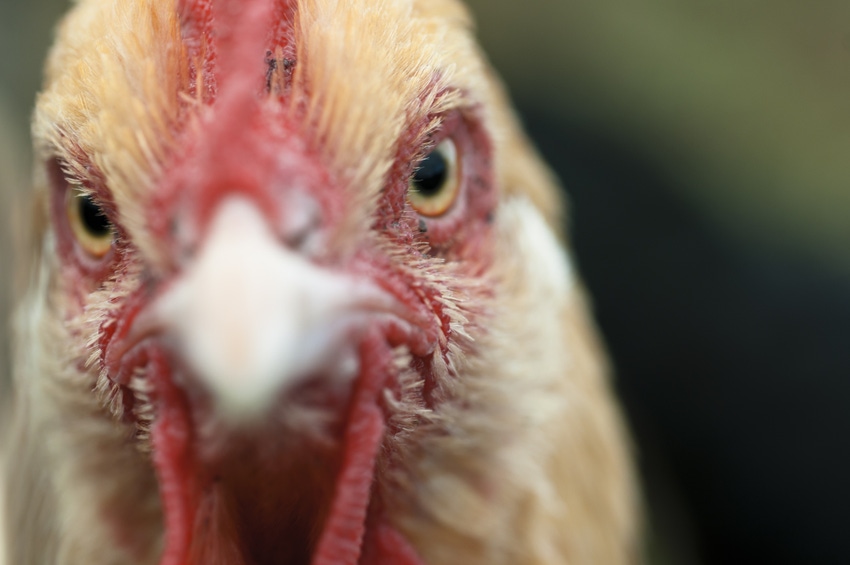Novel alternatives sought for poultry antibiotics
Purdue joins international team developing alternatives to antibiotics for livestock production, particularly Pakistan's poultry industry.
June 25, 2019

To slow down the worldwide development of antibiotic-resistant bacteria, Purdue University animal sciences professor Paul Ebner and agricultural economics professor Nicole Widmar have partnered with professors Zafar Hayat and Shafiq ur Rehman from the University of Veterinary & Animal Sciences (UVAS) and University of Punjab, respectively, both in Lahore, Pakistan, to find novel, effective and affordable alternatives to using traditional antibiotics in Pakistan’s growing poultry industry.
“Antibiotic resistance is totally borderless,” Ebner said.
The more we use antibiotics, Ebner explained, the more bacteria are exposed to — and acquire — antibiotic resistance genes. This has led to a global health crisis as infections become harder to treat in both humans and animals, posing a threat to food security.
While there are numerous drivers for increases in global antibiotic resistance, including overuse of antibiotics in human medicine, both Pakistan and the U.S. have restricted the use of antibiotics in animal agriculture to slow down the development of resistant bacteria, Purdue said.
In response, researchers will develop non-antibiotic compounds that, when combined, are as effective as antibiotics in preventing and treating diseases or improving bird growth, but without the threat of antibiotic resistance. This three-year, multimillion-dollar project is made possible by the financial support of the U.K. Department of Health & Social Care, the Global AMR Innovation Fund and the International Development Research Center in Ottawa, Ont.
“UVAS is one of the oldest educational institutes in Asia. We are working in diverse fields of life sciences, and we are pleased to be a lead institution contributing to this important project,” said Talat Naseer Pasha, meritorious professor and vice chancellor of UVAS.
“This is a chance for Purdue to be involved in something that makes a significant impact to Pakistani poultry producers, but the results will be applicable anywhere,” Ebner said.
Their strategy is to make bacteria sick. Bacteria have viruses just like we do, Ebner explained. These viruses, called bacteriophages, target specific bacteria — salmonella, for example — by injecting their DNA into a bacterial cell, which then makes copies of the virus until the bacterial cell explodes.
While bacteriophages can reduce specific problem-causing bacteria, the research team is also investigating the use of phytochemicals or “nutraceuticals” extracted from different agricultural wastes common in Pakistan, such as mango peels, to enhance poultry growth and feed efficiency, Purdue said.
“It’s highly unlikely we will ever find a single compound that does all that an antibiotic can do, but it’s very likely we can create a cocktail of compounds, each with its own role, that collectively produce the same benefits,” Hayat said.
Researchers will then go one step further. The project has a significant social science component that aims to identify and develop strategies to overcome economic, social and regulatory barriers to commercializing these compounds, according to the announcement.
“The consumer perception regarding newly developed alternatives to antibiotics will be the key driver in their utilization," Hayat said.
To ensure that the project stays focused on practical solutions, an industry advisory board composed of Pakistani poultry producers and animal health professionals will guide the researchers.
“These compounds have to be effective, but they also have to be used,” Rehman said.
You May Also Like



